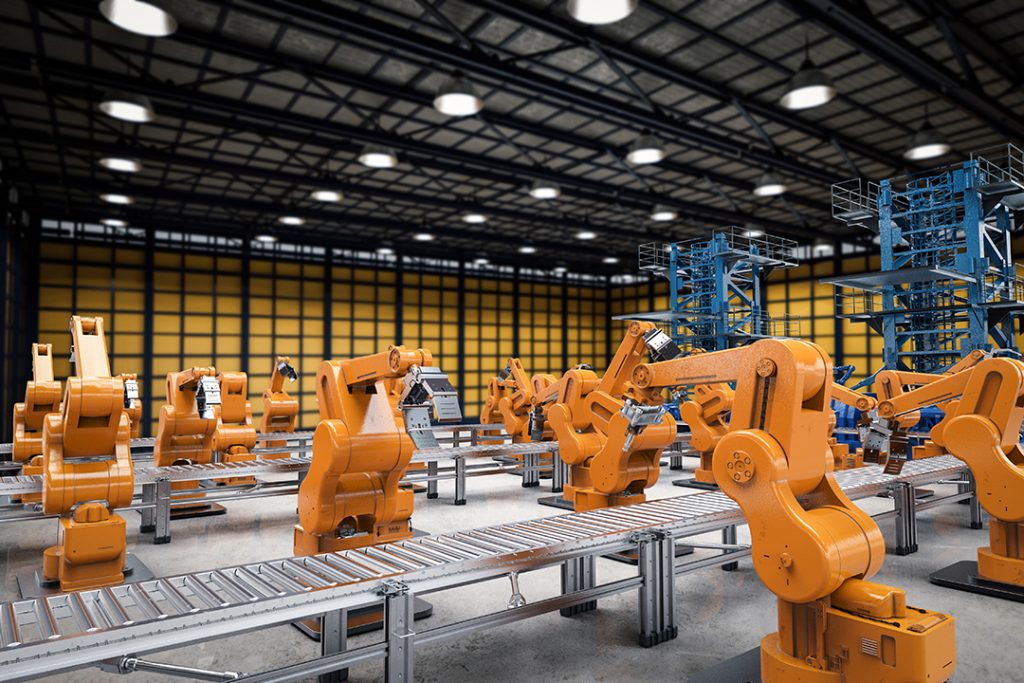The Internet of Things (IoT). Wearable tech. Big Data. There is no shortage of buzzwords around meeting rooms or office water coolers today. But the one phrase that most people choose to ignore is technological unemployment.
Ignoring its existence could be the difference between you remaining relevant or not in the 21st-Century digital economy.
A Gartner survey reported that five billion people and 21 billion things will be connected to the internet by 2020. This sentiment alone hammers home the level of change heading our way and our journey into digital transformation beyond the point of no return.
Despite our knowing that Albert Einstein’s theory of insanity is doing the same thing over and over again, and expecting different results, why do established businesses continue to rely on legacy processes, business models and culture that is no longer relevant in this new digital age?
The real issue facing today’s job market is a critical skills shortage. The other elephant in the room that we prefer not to acknowledge is that 30 percent of the jobs that currently exist will be carried out by computers, robots or automation by 2025.
But it’s not all doom and gloom. A quick look back to the Industrial Revolution 200 years ago offers valuable lessons we shouldn’t fear.

The last transition allowed machines to expand beyond the hard physical graft of the workforce. Some economists believe that it also was the moment the standard of living for the general population increased consistently. Fast forward a few hundred years, and we now turn to robots and Artificial Intelligence (AI) to help expand the capacity of our human brains to progress.
We continuously read how this will be responsible for catastrophic job losses in manufacturing and indeed numerous industries. But we seldom hear the flip side of the coin: There will be an unprecedented growth in emerging sectors and a wealth of brand-new roles that are relevant to the Digital Age.
The real issue facing us in the job market today is not the lack of employment, but a critical skills shortage. There should be conversations about how we can help the global workforce through this digital transition period and arm it with the skills required to lead the way and seize opportunities within these new trends in employment.
The real issue facing us in the job market today is not the lack of employment, but a critical skills shortage.
This latest shake up of how we do things is only delivering a new set of products and services that will all require a future rather than a past mindset. Exactly how we get there and how we ensure that the transition is as smooth as possible still are up for grabs.
This is why we need to openly debate this subject.
No matter how much we stare back at our past – the good old days when everyone was happy – that was not the reality. Things have and always will continue to change in the name of progress. The difference now is the speed of exponential change.
There is an extensive list of companies that failed to adapt to change – Polaroid, Blockbuster, BlackBerry, Dell, HP and Sony, just to name a few. Why would any individual want to follow a similar path? IBM says 40 percent of its profitability today comes from products that were impossible to create four years ago. For Apple, it’s 70 percent.
A new way forward
The way forward is quite clear – just follow the signs.
The next time you read a headline blaming technology, robots and automation for removing roles that have existed for 25 years, ask yourself why. Rather than blame technology for mass unemployment, think about the 500,000 new roles that currently are sitting empty.
At the moment, many individuals and organizations are guilty of putting their heads in the sand. But pretending this digital transformation isn’t happening and hoping it will go away are not going to help anyone. Many aspects of how we live, work and play are almost unrecognizable now when compared with how they were only 15 years ago, so we must expect the employment landscape to move with the changes in lifestyle and outlook.
In reality, it’s an education issue, and education is ripe for digital disruption. They say you can’t teach an old dog new tricks. The good news is we aren’t dogs. Humans are infinitely upgradable.
Would you really want to continue at an office for the next 25 years just to receive a watch and a pat on the back? These are incredibly exciting times with endless possibilities. Rather than fearing the inevitable, it’s time we encourage an open debate about the future of employment and how we can move forward together as a society.

